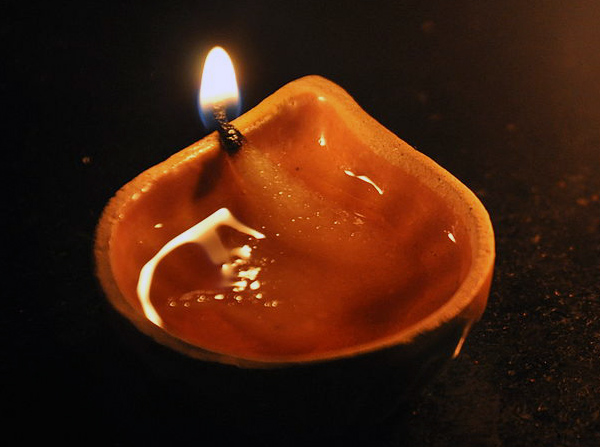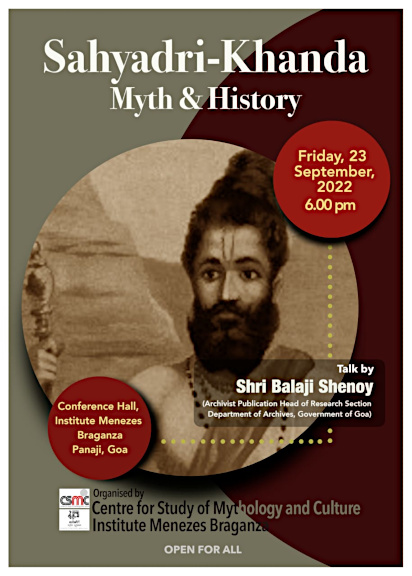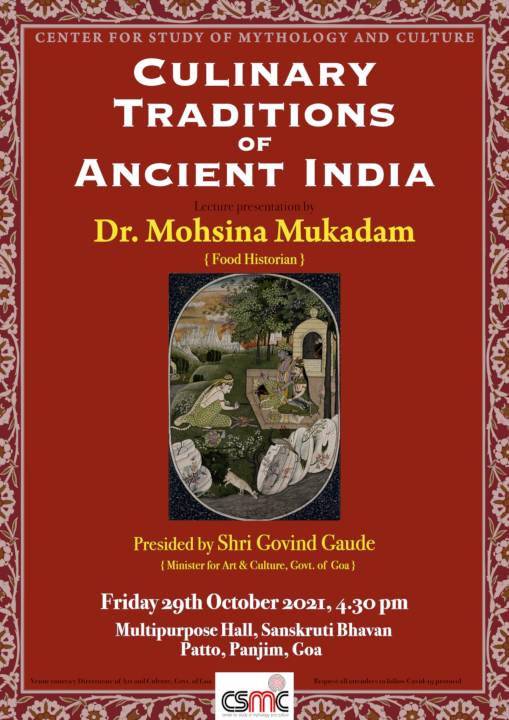
There was a rich businessman in a small village of Tamil Nadu in southern India who had a daughter and a son. The brother and sister were very fond of each other. When the businessman arranged for his daughter’s marriage into a rich family, the sister promised her brother that if she had a daughter, the girl would be the bride of his future son (this is a common practice in southern states of India). Soon the sister had three daughters and the brother in turn was blessed with three sons. With the passage of time, the old businessman died of old age, leaving behind a huge debt for his son to deal with. As a result, the creditors who had lent money to the father took away almost all the wealth leaving the son and his three sons on the brink of poverty.
As time went by, the sister’s wealth grew and she stopped visiting her brother. She got her two daughters married into rich families, better suited to her family’s prestige and status. Now it was the time to marry off the youngest daughter. But the youngest daughter refused all the proposals that came her way. Instead she reminded her mother the promise she had made to her brother. “Mother it is time to fulfil your promise to your brother by marrying me to his son” she rebuked her mother. Her mother tried to dissuade her by arguing that her life will be full of hardships and misery if she marries into a poor family. But the girl would not give in and the mother was left with no other option. With a heavy heart she went to her brother’s house and proposed her daughter’s marriage to his youngest son. The brother was overjoyed. He made all the arrangements for the wedding and celebrated the marriage to the best of his ability. Having married the daughter into her brother’s son, the sister left the daughter to her fate, never to visit her again.
The girl was very happy in her marriage and never threw a tantrum or made irrational demands, as one would imagine a girl from a rich household to do. All the three brothers earned their living toiling on the farm land, but they lived in extreme poverty.
One day the king of the kingdom where the boys lived, while being given a luxurious oil massage before his bath, left his favourite ring and other ornaments by the side of his bath tub. An eagle swooped in and carried away his ring, and dropped in the yard of the poor brother’s house. The young daughter-bride who was sweeping the yard found the ring. When she picked it up, she realised that it belonged to the royal family and so she tied it to the corner of her saree pallu. And did not tell anyone about it.
The king had seen the eagle take away the ring and he announced to his people that if anyone could bring back his ring, he would be rewarded handsomely. The young bride when she came to know about this announcement told her husband about the ring and requested him to take her to the king. She told him “Let’s go to the king and give him the ring. But I will not ask for any riches from the king. Whatever I ask for, you must be satisfied and not question my decision”. Her husband agreed and thus the couple went to the court.
The King was delighted and offered them their due reward. But the bride said, “Your majesty, I seek no gold from you. I seek no land from you. I seek no grains or cattle from you. But I have a humble request. On the Friday night nobody in the town should light a lamp including your palace. Only I will light the lamps in my home.” Puzzled by a strange demand, king agreed and asked the court officials to make the announcements that on Friday night, no one should light a lamp in their homes. And if they disobeyed they would be severely punished in the public square.
And so on the stated Friday, and the girl along with her sisters-in-law observed a fast and she asked her husband to bring plenty of oil, earthen lamps and cotton from the market. The eldest brother-in-law was made to stand at the entrance and middle one at the back. She then told them if anyone wanted to enter the house they should let them enter only on the condition that s/he should never leave the house again. And if anyone wanted to go away from the home they should let her/him go on the condition that s/he can never come back in the house ever again.
As the night fell, the whole town plunged in the darkness except for the one house that shone like a ball of fire. This is the day goddess Lakshmi visits her devotees. Finding all homes dark, she came to the only one that was all lit up. As she approached the entrance, the eldest son standing at the door stopped her. He set down the condition as he had been asked to do. Once the goddess entered the house, she could never leave.
The goddess agreed, and no sooner did she enter the house, her sister the goddess of poverty/ill fate (Alakshmi), could no longer stay in the same house. She quickly walked out the back door and as she left, the second son who stood guard at the door set the condition he had been asked to. Once the goddess left, she could never return. Alakshmi quietly accepted the condition and left them for good.
Next day morning, when all the three brothers and their wives woke up, they found the house was filled with fresh delicious food, new clothes, and wealth. While her husband and brothers and sisters in law wondered how such a miracle had taken place, the youngest daughter smiled to herself and said: “All I did was to light a lamp. I drove away darkness (poverty) and invited light (knowledge /wealth) into my home.”
Since then the people light up their homes with oil lamps and leave the doors open for Lakshmi the Goddess of wealth and prosperity on the day of Lakshmi-pooja .
Story collected by: Vidya Kamat
Text source: Fearless girls, wise women and beloved sisters By Kathleen Ragan
Location: Tamil Nadu
Image Source: Wikipedia












Leave a Comment